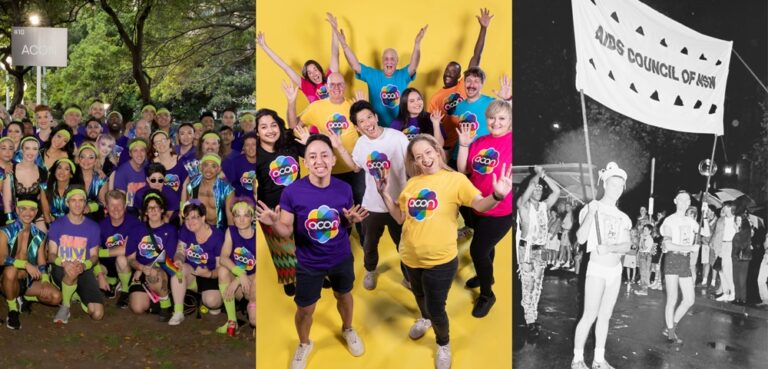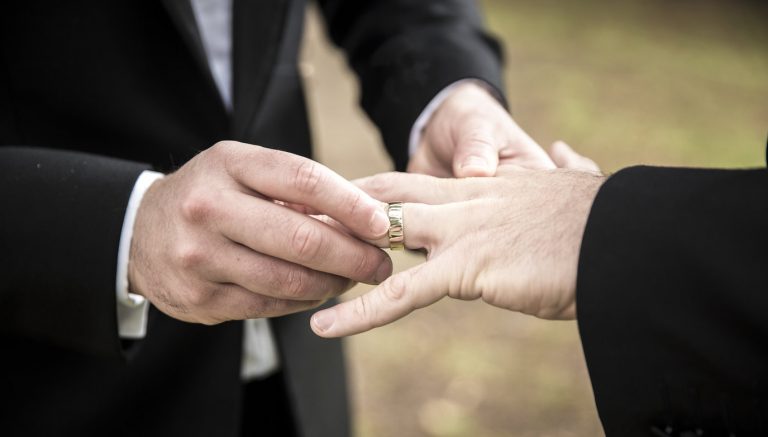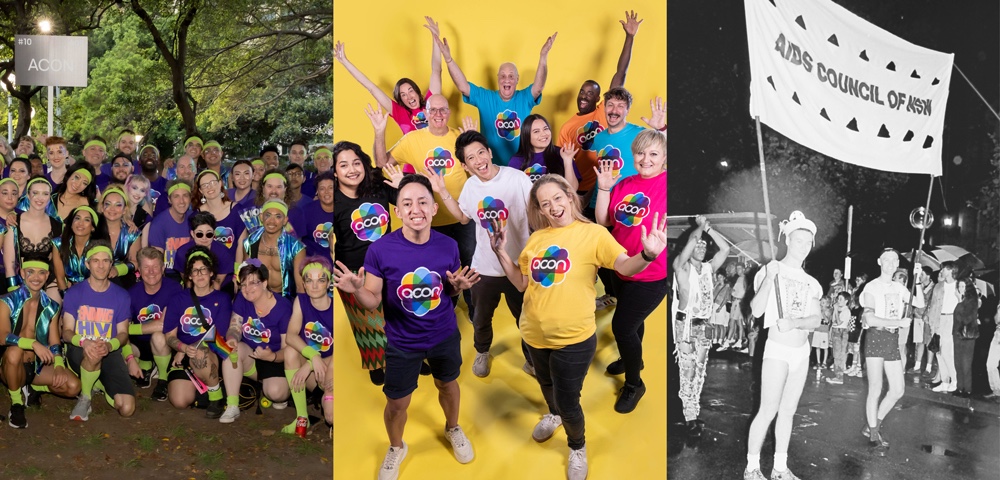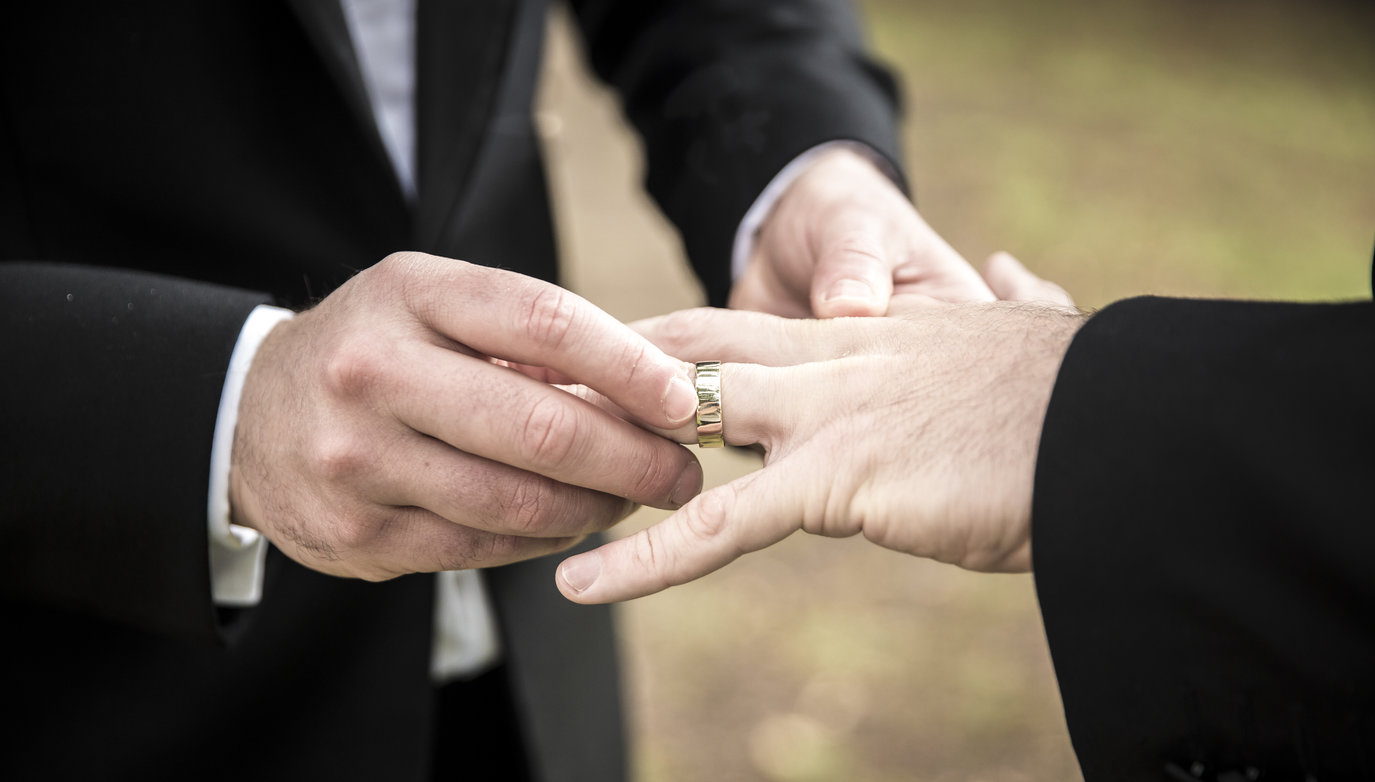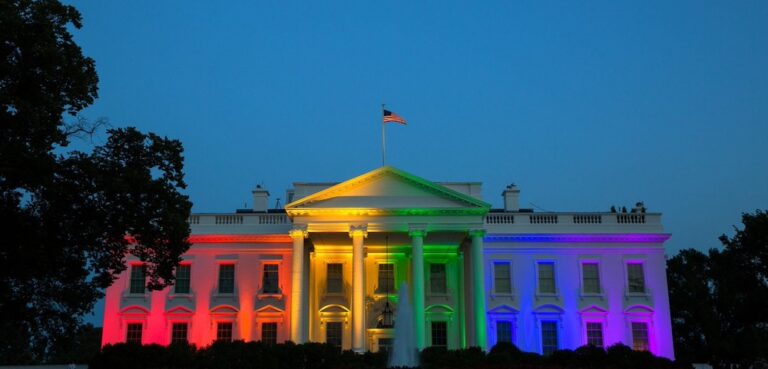
Beyond marriage equality
In recent months the campaign for marriage equality has developed seemingly unstoppable momentum and garnered a great deal of public attention at a national level.
Credit must go to our allies and partners who have worked so hard on this important reform. As we step closer towards full legal equality it is also important that, in addition to the marriage equality issue, we address the inequality and discrimination many in our community continue to face in areas unrelated to marriage.
For some of us, being gay or lesbian is no longer an issue in our families, our workplaces and our social communities — it is easy to think the battle has been won. For many others, however, this is simply not the case.
In hospitals, aged-care facilities, youth and disability services, many sex, gender and sexuality diverse people continue to experience discrimination and harassment. In some multicultural and religious settings, and in rural Australia, belonging to a sexual or gender minority continues to pose significant challenges.
Moreover, the human rights of sex and gender diverse people are yet to be fully realised.
Following the United Nations Universal Periodic Review in 2011, the Australian Government has committed to implementing a National Human Rights Action Plan in order to improve the human rights of all Australians. A cornerstone of this action plan is the consolidation of federal anti-discrimination legislation, which for the first time will include sexual orientation and gender identity as protected attributes.
The GLRL has made submissions in recent months concerning the Consolidation of Commonwealth Anti-Discrimination Laws and the National Human Rights Action Plan, which you can read here:
http://glrl.org.au/index.php/Resources/resources_holder/GLRL-Publications
Over the course of the next two years, the GLRL will conduct a consultation and education program around anti-discrimination, generously sponsored by the Commonwealth Attorney-General’s Human Rights Education Fund.
As we near legislative equality in Australia, it is imperative too that we cast our eyes further afield at the human rights challenges for lesbian, gay, bisexual, transgender and intersex people at an international level.
As we speak, in Russia, the St Petersburg City Legislature is voting on a bill which will make it illegal to spread “gay propaganda”. In Uganda, the Anti-Homosexuality Bill, which imposes life imprisonment (and possibly the death penalty) to punish homosexual acts, has resurfaced. Indeed, homosexuality remains illegal in 80 countries, and in five, the penalty is death.
As we celebrate how far we have come during Mardi Gras this week, we need to remember that equality does not mean equality for some — it means equality for all. In many respects, our work has only just begun.
By JUSTIN KOONIN, NSW GLRL
